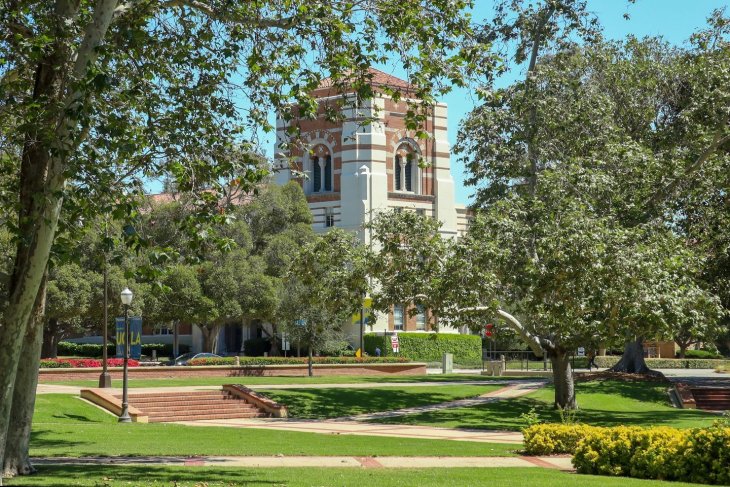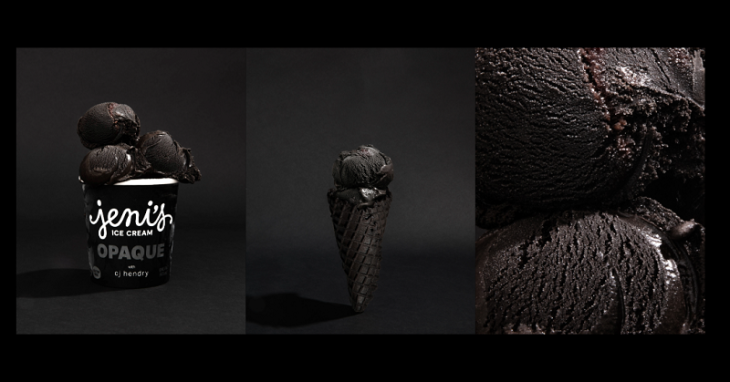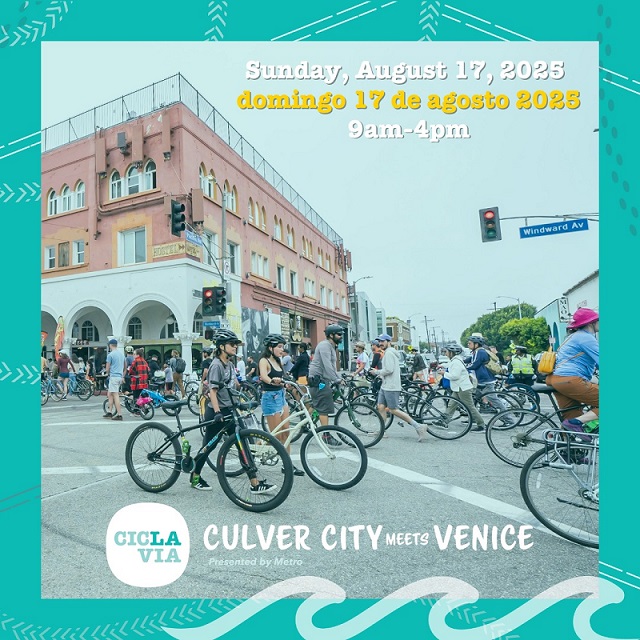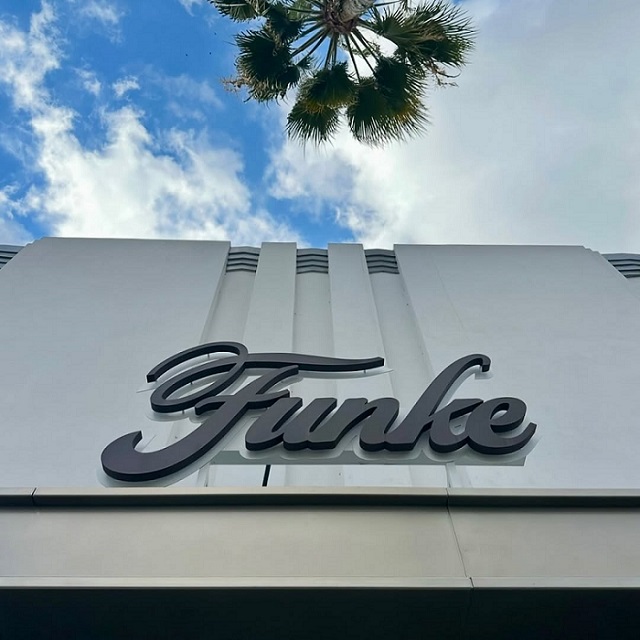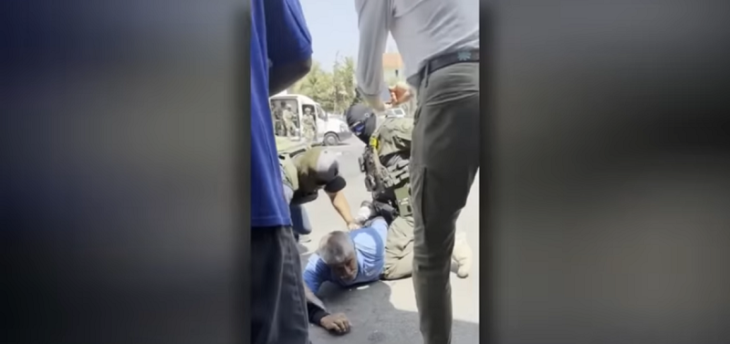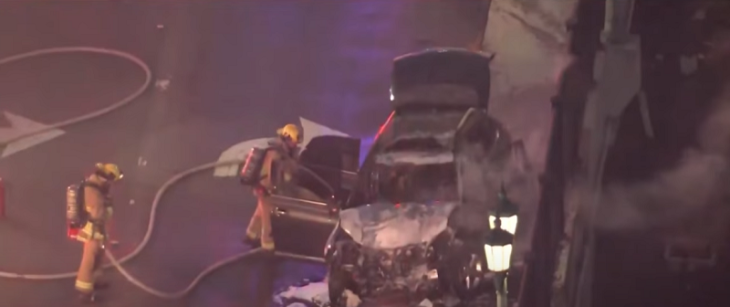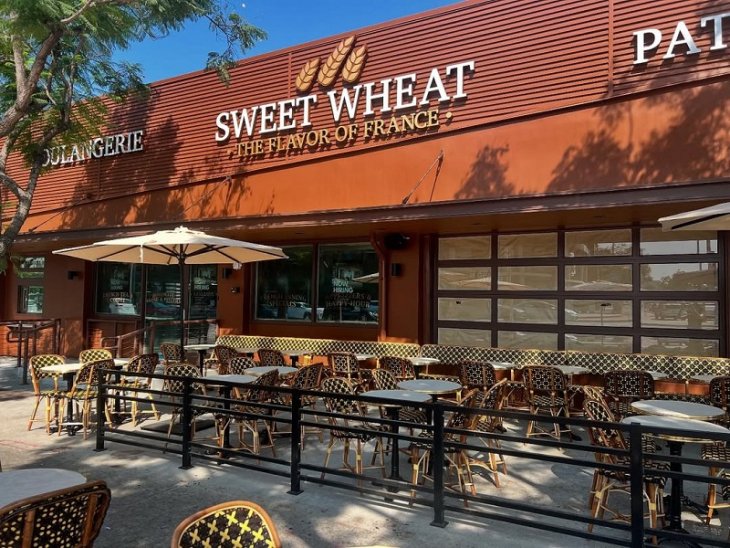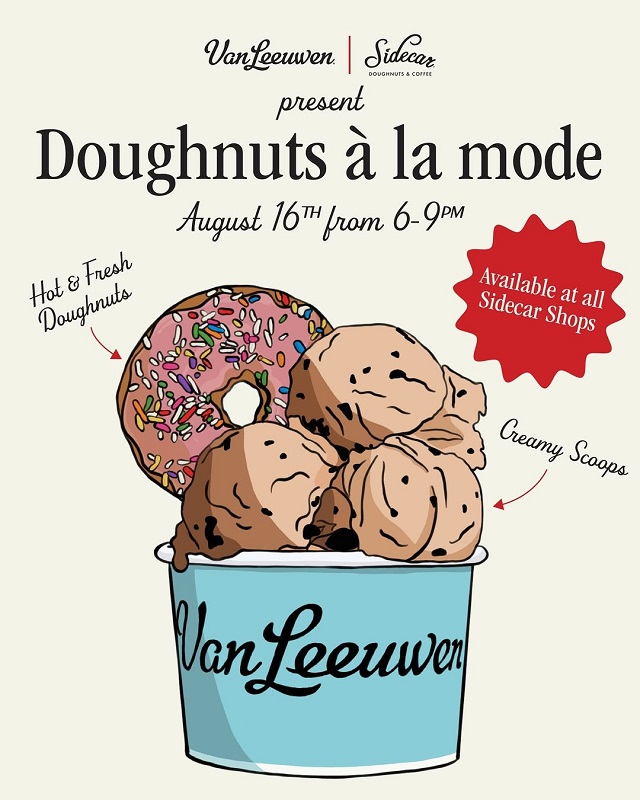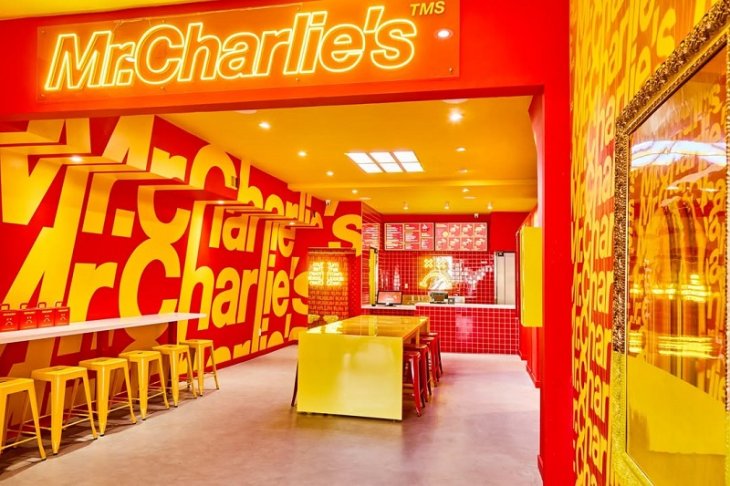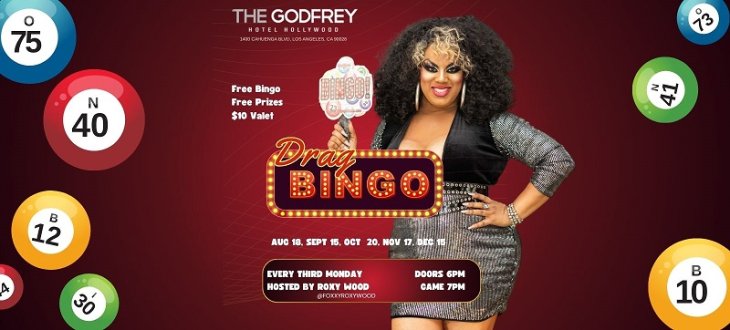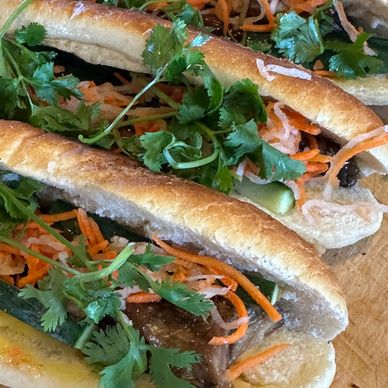
A paparazzo pleaded no contest yesterday to a misdemeanor reckless driving charge for chasing after singer Justin Bieber on the Hollywood (101) Freeway in the San Fernando Valley in July 2012.
Paul Raef was immediately sentenced to three years of informal probation and ordered to perform 150 hours of community service and complete a two-hour program on driving, according to defense attorney Dmitry Gorin.
Three other counts against Raef were dismissed as a result of his plea to one count of reckless driving with the intent to take photographs for commercial purposes.
Gorin called it a “very favorable settlement” that avoided jail time. Raef is expected to ask that the conviction be expunged when he completes his probationary term, his attorney said.
“Based on the evidence in the case, we believe this was a selective prosecution and sought to have the case dismissed because Justin Bieber and the other photographers (following him) were not prosecuted,” Gorin said, noting that the defense had a motion pending that alleged selective prosecution before the case was settled.
A spokesman for the Los Angeles City Attorney’s Office could not be reached for immediate comment on the case.
Raef’s legal team had taken his case to the California Supreme Court, which refused last month to review a ruling from a three-justice panel from California’s 2nd District Court of Appeal that found that a state law under which Raef was charged “does not violate the First Amendment of the United States Constitution.”
“It is a law of general application that does not target speech or single out the press for special treatment and is neither vague nor overbroad,” the appellate court panel found in its Sept. 30 ruling. The appeals court panel concluded that the Vehicle Code section under which Raef was charged “does not target the intent to engage in a First Amendment activity,” and is “sufficiently narrowly tailored to address the particular problem the (state) Legislature sought to alleviate without unnecessarily or seriously burdening speech or press rights.”
The justices found that there is no reason why the Vehicle Code section under which Raef was charged “should not apply to any driver who follows too closely, swarms in, or drives recklessly with the requisite intent or purpose, whether or not the driver is a celebrity photographer.”
Raef’s case went to the Los Angeles County Superior Court’s Appellate Division and then the 2nd District Court of Appeal after the City Attorney’s Office appealed a November 2012 ruling by Superior Court Judge Thomas Rubinson, who threw out two of the charges against Raef.
The judge noted then that the law could be applied to a wedding photographer rushing to get to a ceremony or even someone who was late for a pre-arranged appointment to take photos of a celebrity since it applies to people taking photos for commercial purposes.

